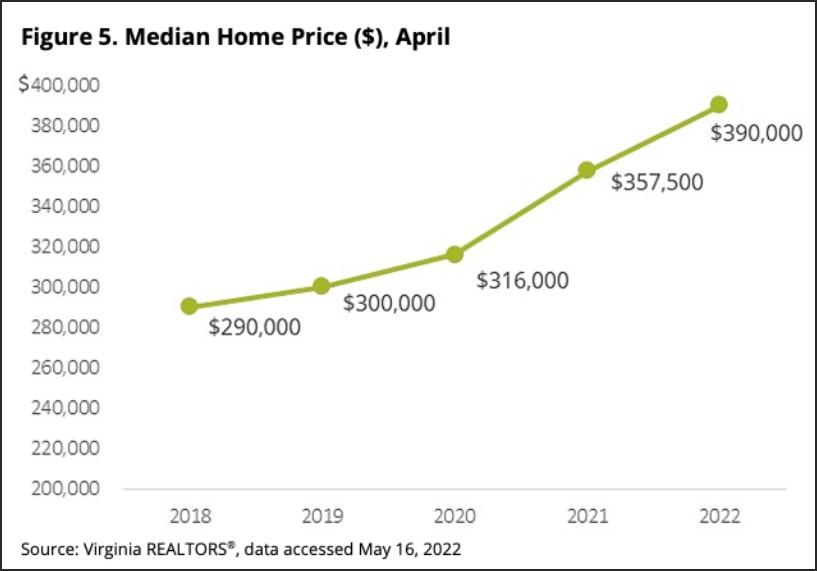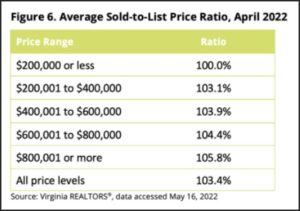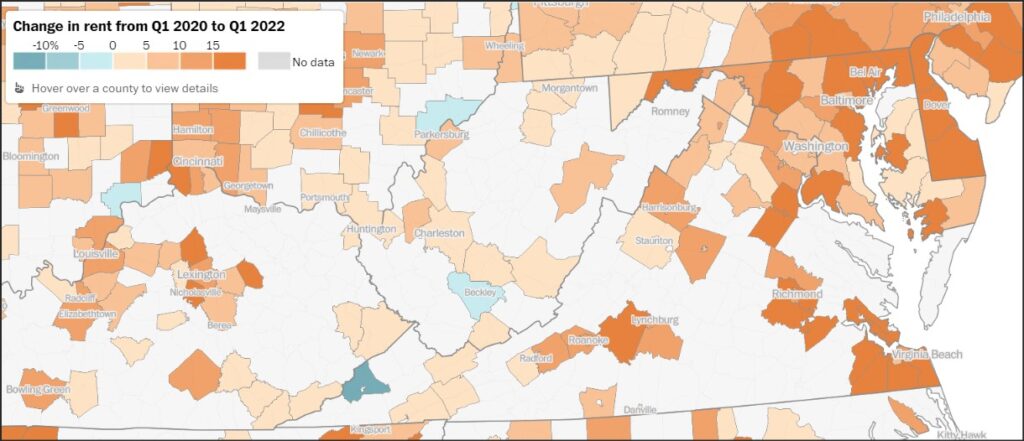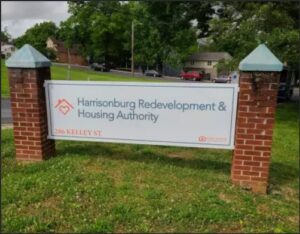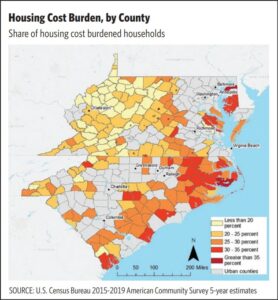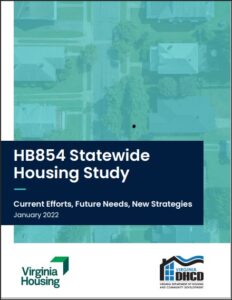
Virginia’s 3rd Congressional District – Congressman Bobby Scott (D)
by James C. Sherlock
I authored a piece here recently about the Norfolk Redevelopment and Housing Authority (NRHA) and the Section 8 Housing Choice Voucher program.
I made the point that it is very difficult to find housing that can profitably be rehabbed to Section 8 standards.
I note that the only open waiting list in the NRHA is for an apartment at Riverside Station Apartments, a 220-apartment mixed-use development using tax credits for public housing set-asides. Twenty-three apartments are set aside for NRHA, but the development is not yet ready for occupancy. I am unable to determine when it will be.
In the spirit of evenhandedness, I offer the following about vouchers and public housing at the Portsmouth Redevelopment and Housing Agency (PRHA) and the Newport News Redevelopment and Housing Agency.
In Portsmouth and Newport News, both the voucher programs and the public housing program waiting lists are closed to new applicants, and reportedly have been for years. The only exception noted is in the availability of single room accommodations in public housing in Portsmouth.
It is sad. We hear all about the housing programs when they are authorized and funded.
Nothing when they create expectations — dependencies really — that they fail to meet. Let’s take a look. Continue reading




